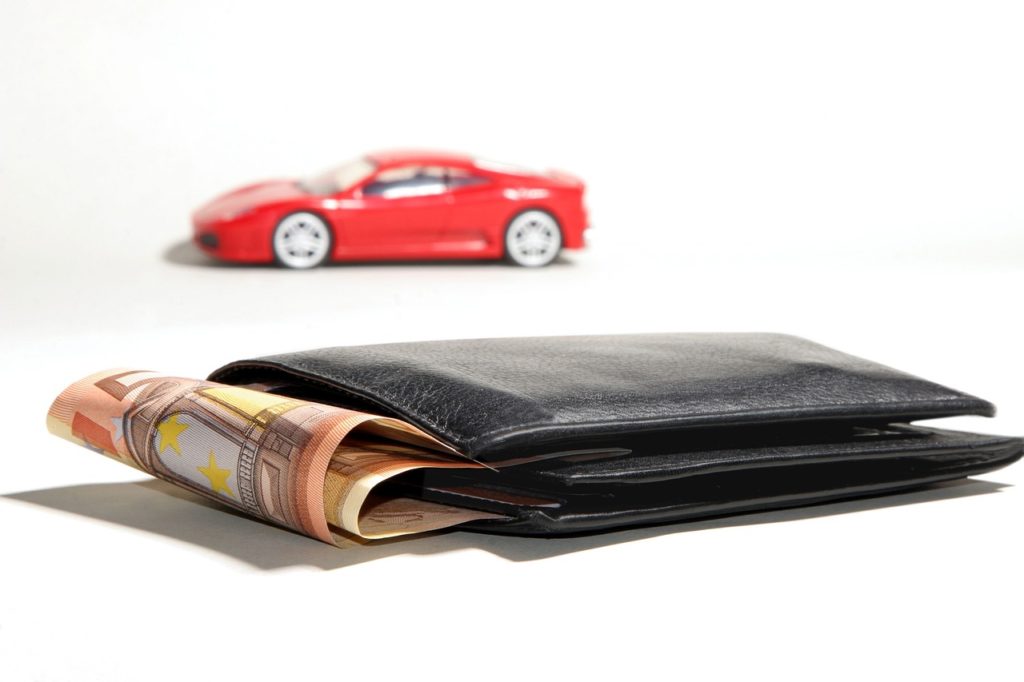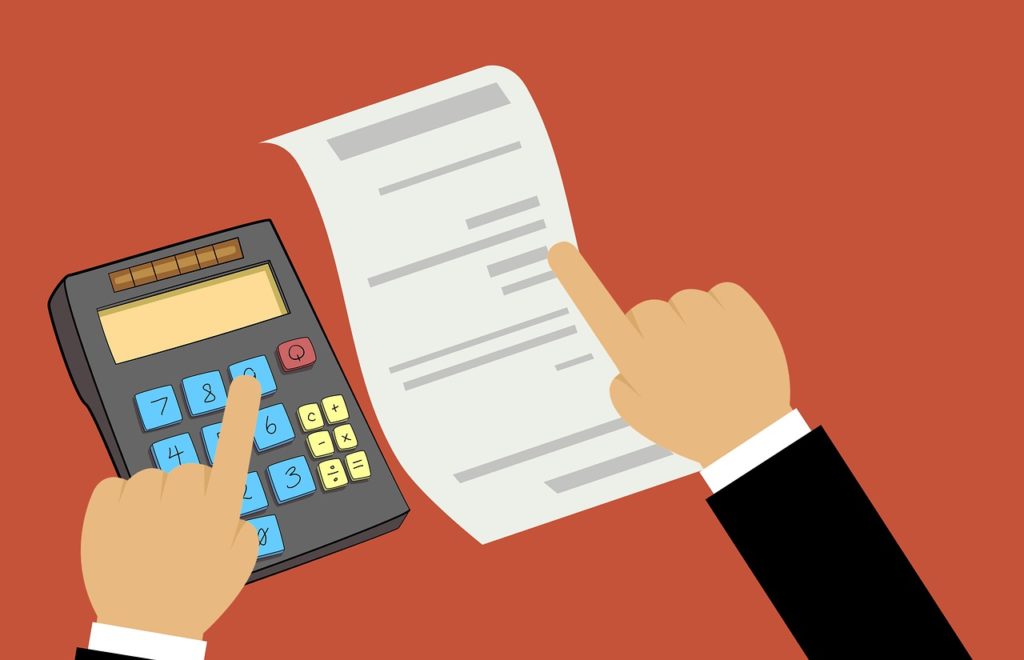
How Do Dealers Price Used Cars? Understanding All the Details Behind Dealership Pricing

You might think that it’s impossible to know how do dealerships price used cars unless you’re an insider, but that’s not entirely true. Even though we might not be able to get all the information about a specific store, we can still get our hands on general stuff.
The biggest part of pricing information is widely available for us and that, my friend, is our strongest card. Once you understand how dealerships determine the prices of their used cars, you’ll enter those crucial negotiations with confidence (maybe even a smirk on your face).
Stay with me till the end and you’ll learn everything about dealership pricing!
Why is it important to know how do dealerships price used cars?
Because you’ll understand negotiating tactics slightly better. Dealerships use various factors to determine the price of their inventory. Therefore, it could be hard to remove all the superficial layers and get to the actual value of a used car.
By knowing what do dealers use to price used cars, you’ll have the full package of information that you need before haggling.
Of course, you can always use specialized websites to determine the value of a pre-owned vehicle. But such research won’t show you a full picture.
As mentioned, the pricing system of the dealers has numerous layers that can be hard to expose. There are invoice prices, wholesale values, and many other terms that can be overwhelming.
But that doesn’t mean that we can’t get to the truth by figuring out how do used car dealers price cars. We can gather all the available information to get a general idea about the pricing system, common terms, and conditions.
That way, we will enter the dealership like professional salespeople who know how to get what they want.
Don’t worry, dealers will still be able to benefit from the sale. No matter how hard we try, we won’t be able to reduce the price to the actual value of the used car. But we can still haggle a specific amount and get ourselves a decent deal.
It’s time to dig a bit deeper and figure out what factors do dealers use to set the price of a used car.
What do dealers use to price used cars? – Differences between common terms

Dealers use various factors to determine the price of their used cars. They, too, do their research to come up with the value that is competitive and profitable at the same time. But before we move on any further, we need to define common terms you’ll encounter.
It will be difficult to grasp how do dealers price used cars unless you know the meaning of the following terms:
Wholesale value
Wholesale value refers to the price dealerships pay at a wholesale auction. The latter is the common place where many dealers acquire their inventory. They pay a certain amount of money for such vehicles, but then they need to do certain work to prepare the car for the sale.
Therefore, the wholesale value is always lower than the amount you’ll see on display at the store.
Sticker price/retail value a.k.a. MSRP
MSRP is the retail value suggested by the manufacturers. The chances are you’ll see that value on the sticker when you go to the dealership. Thus, MSRP and “sticker price” are often used interchangeably.
For used cars, it’s more appropriate to employ the term retail value. It’s the price that includes wholesale value, as well as all the additional costs that the dealership had to pay. It will also include the markup so that dealers can benefit from the sale.
Invoice price
If dealerships purchase their inventory directly from the manufacturers, then invoice price refers to the value they pay to the manufacturer. It’s the base price that they pay for their cars.
Therefore, the invoice price is the lowest you can go during negotiations. However, the chances are the salespeople won’t let you go down that road.
How do dealerships price used cars, after all? – they increase the wholesale value (invoice price) by adding all the additional costs. They usually add a markup as well to benefit from the sale.
How do used car dealers price cars during trade-in?
It’s not a secret for anyone that dealers evaluate your vehicle during a trade-in. It’s a lengthy process during which the dealerships can determine the price of the car you’re willing to exchange.
Let’s see what do dealers use to price used cars during the trade-in:
Examine the car thoroughly
The condition of your vehicle is the most important factor during the trade-in evaluation. The appraiser will ask you for keys and examine your car from the inside and outside. They will look at the mileage and search for any scratch and dent that might reduce the value of the car.
They won’t be lazy to spend a lot of time on this process, because that’s when they figure out what your car is worth.
Determine if it’s suitable for retail or wholesale
After exploring the condition of your car, the appraiser will then determine whether it’s suitable for retail or not. If the vehicle is in good condition and needs small repairs, the appraiser will conclude that it’s good enough for retail.
Then they will calculate the estimated costs of repairs and deduct that amount from the value.
If the car in question is in poor condition, it might be classified as wholesale i.e. it will be sent to the auction. In this case, the appraiser will offer a slightly smaller amount compared to the wholesale value of the vehicle.
Check the market price of your car
During the trade-in evaluation, the dealerships will certainly use the available tools to check the market price of your car. Be it certain websites or programs, they will double-check those numbers.
Voice the value and convince you that it’s final
After the evaluation is complete, the dealerships will let you know the estimated value of your car and convince you that it’s the final. That’s why you should know the real price of your vehicle and be prepared to negotiate a better deal.
Tips on negotiating prices on used cars
After figuring out how do used car dealers price cars, here are some tips that will help you negotiate a better deal on a pre-owned vehicle.
Explore the reliability
Before you go to the dealership, it’s important that you do your homework. That includes comparing the reliability of various cars and determining which one is better for your needs. If you know what you want, it will be easier to avoid common “salespeople tricks”.
Research the wholesale and market value
One of the most important steps in the negotiations is researching the wholesale and market value of the used car you want to buy. Of course, price hugely depends on the condition of a specific vehicle, but it’s always better to have a general range in mind.
Be confident and don’t be lazy to haggle
If you’re not confident in your offer, the salespeople will do their best to negotiate a deal that is more profitable for them. Don’t be lazy to offer a specific price, wait for the answer, reject the offer and start all over again. Otherwise, you won’t succeed in the negotiations.
Choose your timing correctly
Dealers are more likely to negotiate better prices when a used car is approaching the 60-90-day limit. Do your research and approach them when they will get out of their way to avoid sending the vehicle to the auction.
Compare the prices at various dealerships
You’ll always get a better deal if you’re not lazy to go from a dealership to another to figure out which one has the best offer. Don’t settle for the first dealership you step your foot in.
Validate the deal with paperwork
Finally, it’s crucial to validate the deal with the paperwork. Salespeople might sometimes use tricky terms to get more money from you. Read the paperwork carefully and make sure that the agreed deal is written in the agreement.
Conclusion
After reading all the information I have provided, you should be ready to get dressed and approach any dealership with confidence. You already know how do dealers price used cars, which means you understand how much room you have for negotiations. That means that you’ll easily manage to get yourself a decent deal.
Be realistic and negotiate a price that’s equally fair to you and the dealership. You’ll have more chances that way. Good luck!




